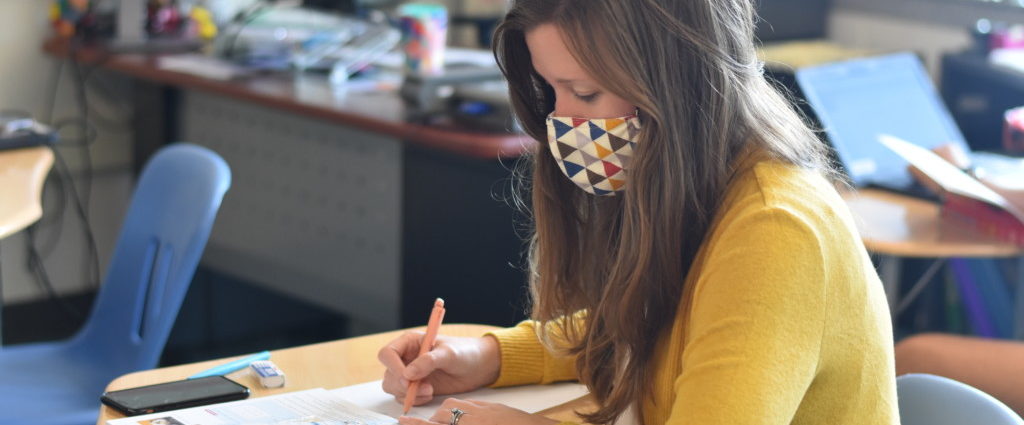Junior Eujin Lee said in the previous year, she noticed a lack of motivation in her orchestra class. One student claimed they hadn’t touched their instrument all year.
With the county granting students the ability to leave their cameras off throughout the year, the prevention of cheating was nearly impossible.
“There was no way for me to see what you were doing at home, and so [cheating] just had to be something that I let go,” math teacher Carol McCollum said. “Maybe we are using our notes, maybe we are using Google, maybe we are using Desmos, and it’s out of my hands.”
Lee said PE and Orchestra were the hardest classes to stay honest in, but she saw cheating among her classmates across the board.
“I can tell that many people played less than we would have [if we were in person],” Lee said. “I definitely feel like we would have been better if we were in school last year.”
McCollum said when students are not making an effort, learning loses its value.
“[When you are challenged,] you can reach the next level and do your best learning,” McCollum said. “When you’re cheating, you’re really cheating yourself [out] of the opportunity to push yourself out of your comfort zone.”
McCollum cited the pressure of grades as a key reason for the desire to cheat.
“I think grades are more important than learning to a lot of students,” McCollum said. “I think that’s just something our society values, [but] learning should be first and grades should be secondary.”
McCollum said people fear failure, but it’s also what they need.
“[Failure is] so hard,” she said. “But I think our society just says, If you fail, you’re weak, […] and I wish that wasn’t the case. Failure is a part of life.”
McCollum views this year as a time to restore what used to be, and she wants students to know that teachers are right there with them.
“All the teachers at Marshall want you guys to do well,” McCollum said. “We want to help you pick up the pieces from last year.”

